The Fifth Impossibility: Essays on Exile and Language
NORMAN MANEA
YALE UNIVERSITY  PRESS ENEW HAVEN & LONDON
PRESS ENEW HAVEN & LONDON

The Margellos World Republic of Letters is dedicated to making literary works from around the globe available in English through translation. It brings to the English-speaking world the work of leading poets, novelists, essayists, philosophers, and playwrights from Europe, Latin America, Africa, Asia, and the Middle East to stimulate international discourse and creative exchange.
Copyright 2012 by Norman Manea. All rights reserved. This book may not be reproduced, in whole or in part, including illustrations, in any form (beyond that copying permitted by Sections 107 and 108 of the U.S. Copyright Law and except by reviewers for the public press), without written permission from the publishers.
Yale University Press books may be purchased in quantity for educational, business, or promotional use. For information, please e-mail sales.press@yale.edu (U.S. office) or sales@yaleup.co.uk (U.K. office).
Set in Electra and Nobel types by Keystone Typesetting, Inc. Printed in the United States of America.
ISBN: 978-0-300-17995-8 (paperback)
Library of Congress Control Number: 2011943139
A catalogue record for this book is available from the British Library.
This paper meets the requirements of ANSI/NISO Z39.48-1992
(Permanence of Paper).
10 9 8 7 6 5 4 3 2 1
CONTENTS
ACKNOWLEDGMENTS
Exile, first published in On Clowns (New York: Grove Press, 1992).
A Friend in Berlin, first published in Chattahoochee Review, winter/spring 2009.
Empty Theaters? first published in World Policy Journal, spring 1993.
Writers and the Great Beast, first published in Partisan Review, 1 (1994).
The Incompatibilities, first published in New Republic, April 20, 1998.
On Clowns: The Dictator and the Artist, first published in On Clowns (New York: Grove Press, 1992).
Happy Guilt, first published in New Republic, August 5, 1991.
Blasphemy and Carnival, first published in World Policy Journal, Spring 1996.
Cioran, first published in Conjunctions, 31 (1998).
Through Romanian Eyes: A Half Century of the NRF in Bucharest, first published in Salmagundi, spring 2010.
Berenger at Bard, first published in Partisan Review, 4 (2000).
Made in Romania, first published in the New York Review of Books, February 10, 2000.
An Exile on September 11 and After, fragment from an interview first published in Partisan Review, 2 (2002).
The Walser Debate, first published in Partisan Review, 3 (1999).
Some Thoughts on Saul Bellow, first published in Salmagundi, 148/149 (fall 2005winter 2006).
The Exiled Language, first published in The Writer Uprooted: Contemporary Jewish Exile Literature, ed. Alvin H. Rosenfeld (Bloomington, IN: Indiana University Press, 2008).
Casa Minima, first published in Abitare, 479 (2007).
Monuments of Shame: Twenty Years after the Berlin Wall, first published in the William Phillips Lecture Series (New York: The New School for Social Research, 2009).
The Silence of the Eastern Bloc, first published in Jerusalem Post, May 5, 1989.
A Lasting Poison, first published on Project Syndicate, November 20, 2008 (copyright Project Syndicate/Institute for Human Sciences, 2008).
Crime and Punishment, Refugee Style, first published on Project Syndicate, November 15, 2007 (copyright Project Syndicate/Institute for Human Sciences, 2007).
Revolutionary Shadows, first published on Project Syndicate, September 3, 2011 (copyright Project Syndicate/Institute for Human Sciences, 2011).
Against Simplification, first published on Project Syndicate, August 15, 2011 (copyright Project Syndicate/Institute for Human Sciences, 2011).
Another Genealogy, first published in Adevarul (adevarul.ro) in 2011.
The Dada Capital of Exiles, first published on Project Syndicate, August 31, 2005 (copyright Project Syndicate/Institute for Human Sciences, 2005).
Part I
EXILE
The increased nationalism and religious fundamentalism all around the world, the dangerous conflicts between minorities in Eastern Europe, and a growing xenophobia emphasize one of the main contradictions of our time: between centrifugal, cosmopolitan modernity and the centripetal need (or at least nostalgia) for belonging. We are reminded again and again of the ancient yet constant predicament of the foreigner, the stranger.
It seems that although he is taught to love his neighbor, man fails to love his neighbor as he loves himself, and fails also to love a stranger like a neighbor. The stranger has always been perceived as different, but often also as a challenge, even a downright threat which undermines the unifying traditional and conventional structures of society. The very premise of the strangers existence presupposes re-evaluation and potential competition.
We find ourselves in a world in which the concepts of citizen and citizenship migrate far beyond any borders designated at birthan instant global reality created through intense world air traffic and which, via satellite, invades everyones home TV screen. And todays world of rapid migration and instantaneous communication is also a world on the threshold of a revolution which it still is, rightly, afraid to acknowledge. I refer to the genetic revolution which could create a new meaning for our human destiny. Stupendous means of genetic manipulation may force mankind to reconsider on a dramatic scale its morality and its laws, with unforeseeable consequences for the future of the human race. And if we add to this our conquest of outer space, we must ask ourselves again, what do they mean in this context: the event called homeland, the challenge called foreigner, the reality called exile? And how do we perceive from the vantage point of our unstable, transitory, and pathetic domicile called human life the tension between the particular and the general? The modern world faces its solitude and its responsibilities without the artifice of a protective dependency or of a fictive utopian coherence. Fundamentalist and separatist movements of all kinds, the return of a tribal mentality in so many human communities, are expressions of the need to re-establish a wellordered cohesion which would protect the enclave against the assault of the unknown, of diversity, heterogeneity and alienation. A dismembered Soviet Union and a united Europe are only two obvious examples of the kinds of contradiction that convulse our present and, certainly, will convulse our future. There is, on the one hand, the need to do away with restrictive barriers and achieve a democratic, multinational, economically efficient system; on the other hand there is the desire to replace the totalitarian state, the center of tyrannical power, with a conglomerate of states, each with its own center of power, of uncertain democracy.
Recent debates about the canon in American universities are highly significant for the persistence in our post-industrial modern world of a tension harbored in all of us between centrifugal and what are centripetal, nostalgic tendencies.

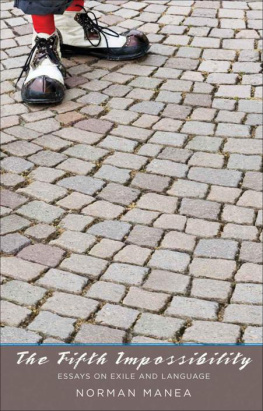
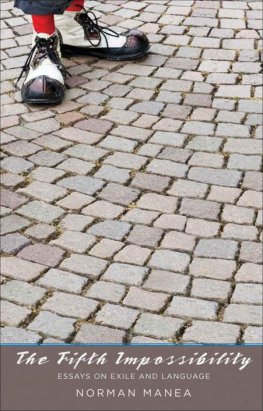
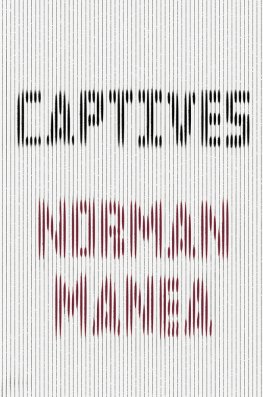
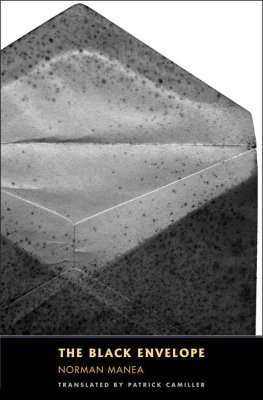




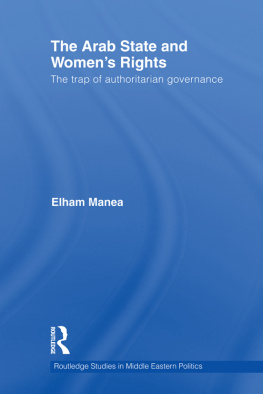
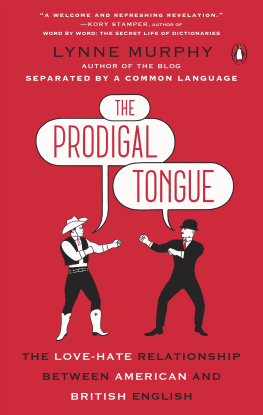
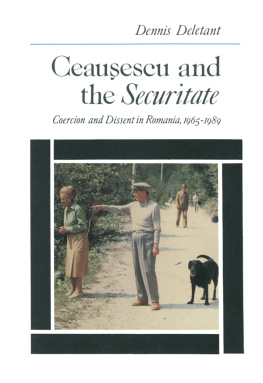
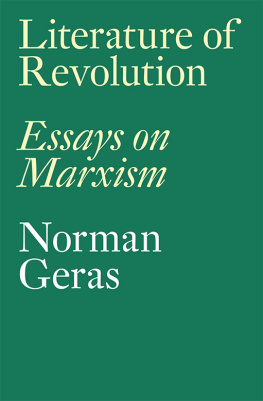
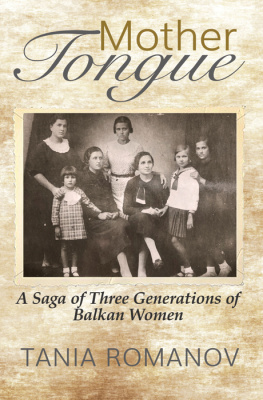
 PRESS ENEW HAVEN & LONDON
PRESS ENEW HAVEN & LONDON